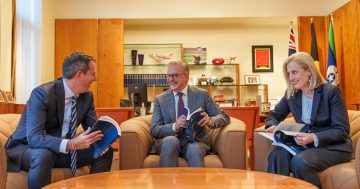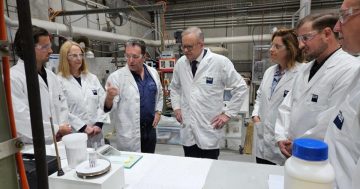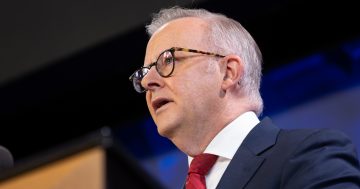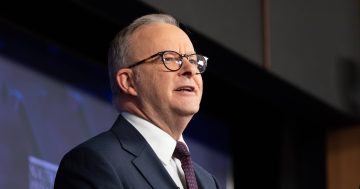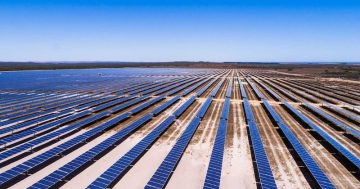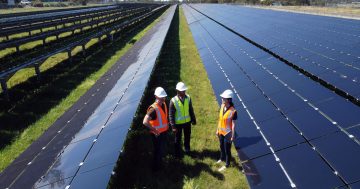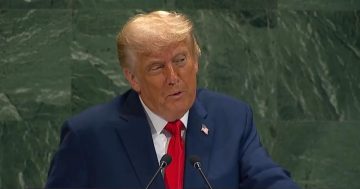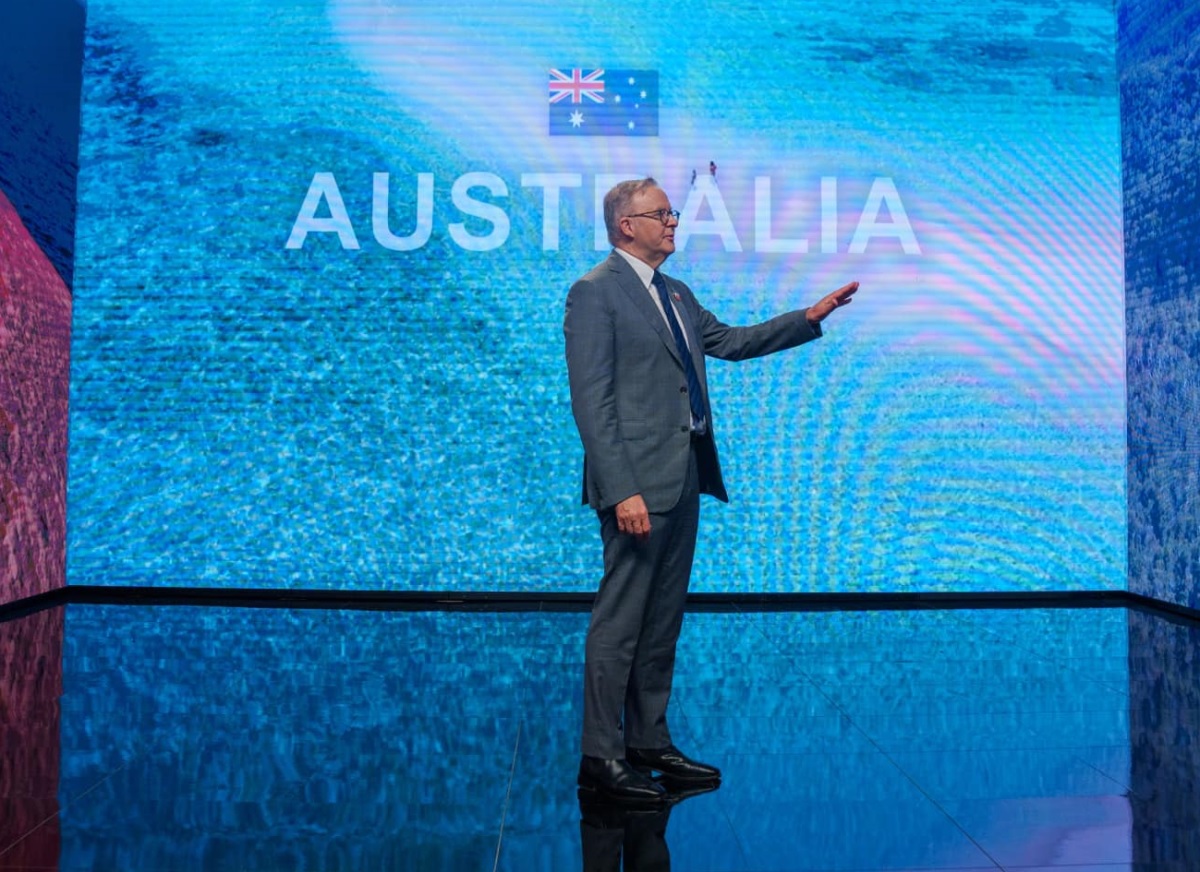
Prime Minister Anthony Albanese wants a future made in Australia. Photo: Facebook.
Anthony Albanese wants a future made in Australia and he wants everyone to know his plan to achieve it will be a feature of next month’s Federal Budget.
The Prime Minister has flagged new policy his government will pursue to consolidate manufacturing efforts to better incentivise clean energy projects and keep Australia competitive globally.
It will prioritise hydrogen, solar and green metals, and incorporate its $15 billion National Reconstruction Fund into a wider scheme to advance renewable energy initiatives.
“To anchor this reform and secure this growth … I announce that this year our government will create the Future Made in Australia Act,” he said when outlining his plans during a speech on Thursday (11 April).
“We will bring together in a comprehensive and coordinated way a whole package of new and existing initiatives. To boost investment, create jobs and seize the opportunities of a future made in Australia.
“We want to look at every measure that will make a positive difference. Investing in new industries – and ensuring that workers and communities will share in the dividend.
“That means giving the new Net Zero Economy Authority every tool it needs to support resource communities in particular through the coming period of economic change.”
The PM said his government would be looking at how procurement could support small business and local manufacturing, as well as sustainability and the circular economy.
It will put together the “most efficient and effective combination” of financing facilities and investor incentives to drive new economic growth.
The aim is to secure greater sovereignty over Australia’s resources and critical minerals.
The plan very much involves fast-tracking infrastructure that supports renewable energy projects.
In all this, Australia will be largely mirroring the United States and other large economies pushing their own agendas in securing home-grown manufacturing and global trade.
“Strategic competition is a fact of life,” Mr Albanese said.
“Nations are drawing an explicit link between economic security and national security.
“The so-called ‘Washington consensus’ has fractured – and Washington itself is pursuing a new direction.
“The United States has implemented the Inflation Reduction Act and CHIPS Acts and pursued what they call a ‘small yard, high fence’ approach to critical industries.
“The European Union has introduced its European Economic Security Strategy. Japan has the Economic Security Promotion Act.
“The Republic of Korea is reframing its economic policy around a National Security Strategy; and Canada has brought in new rules to tighten foreign direct investment in their significant critical mineral reserves.
“All these countries are investing in their industrial base, their manufacturing capability and their economic sovereignty.
“This is not old-fashioned protectionism or isolationism – it is the new competition.
“These nations are not withdrawing from global trade or walking away from world markets or the rules-based order, and let me be clear, nor should Australia.”
While greater detail will be unfurled in the budget, some clean energy groups, unions, and think tanks have already jumped on board to praise the move.
ACTU president Michele O’Neil described the announcement as a “historic step forward” for workers and for the climate.
“Decarbonising our economy could create hundreds of thousands of good secure well-paid jobs, healthier communities, and a renewed national prosperity, while safeguarding Australians from spiralling climate crises,” she said.
Clean Energy Council chief executive Kane Thornton said the Prime Minister’s speech marked “another decisive moment” for Australia’s ambition to secure a place as a leading nation in the global clean energy industry.
“It is positive news that the Federal Government has plans to back its vision with a substantial policy agenda, putting renewable energy at the centre of our economic future,” Mr Thornton said.
The Centre for Policy Development commended the government’s ambition. It said securing Australia’s long-term competitive advantage in the industries of the future could not be left to capital markets.
“Markets are good at understanding what industries and investment will be most beneficial today, but they struggle to allocate resources towards areas where we can be competitive in the future,” CPD sustainable economy program director Toby Phillips said.
But the Opposition has already cast doubt on the government’s ability to deliver on its plans.
“We all want a future made in Australia, but I’ve got absolutely no confidence at all that this government or the policies it has will deliver that,” frontbench senator James Paterson said during a television appearance.
“Everything that this government has done in the last two years has taken us in the opposite direction.
“It’s made it harder to make things in Australia. It’s made it harder to do business in Australia.”
Original Article published by Chris Johnson on Riotact.


